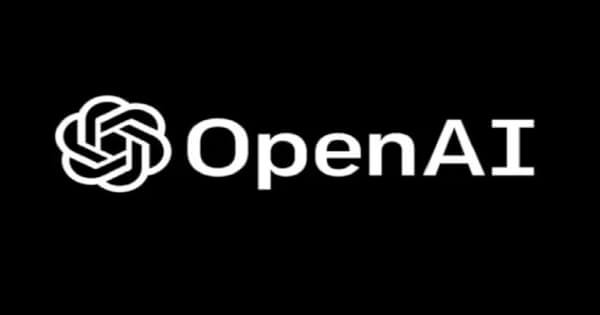OpenAI Unveils CriticGPT to Identify GPT-4 Errors
Tony Kim Jun 28, 2024 10:36
OpenAI introduces CriticGPT, designed to critique ChatGPT responses and aid human trainers in spotting mistakes during RLHF.

OpenAI has announced the launch of CriticGPT, a new model based on GPT-4, aimed at identifying and critiquing mistakes made by ChatGPT. This innovative approach is designed to assist human trainers in the process of Reinforcement Learning from Human Feedback (RLHF), according to OpenAI.
Enhancing AI Training
CriticGPT is tasked with writing detailed critiques of ChatGPT’s responses. These critiques are intended to help human trainers more effectively identify errors and improve the overall performance of AI models. The model's development signifies a step forward in refining the accuracy and reliability of AI-generated content.
Implications for AI Development
The introduction of CriticGPT has broader implications for the field of artificial intelligence. By leveraging the capabilities of GPT-4 to scrutinize its own outputs, OpenAI aims to create a feedback loop that enhances the learning process. This could lead to more sophisticated and error-free AI applications in the future.
Related Developments
In recent months, OpenAI has been at the forefront of AI advancements. The organization’s continued efforts in improving AI models reflect a commitment to addressing the challenges of AI reliability and accuracy. The launch of CriticGPT is a testament to these ongoing efforts.
Additionally, the AI community has seen an increase in collaborations aimed at improving AI ethics and reducing biases. CriticGPT could play a crucial role in these initiatives by providing transparent and detailed error analyses, thereby promoting more responsible AI development.
OpenAI’s CriticGPT represents a significant milestone in the journey towards more reliable and self-improving AI systems. With its ability to critique and enhance its own responses, the future of AI looks promisingly robust and accurate.
Image source: Shutterstock.jpg)